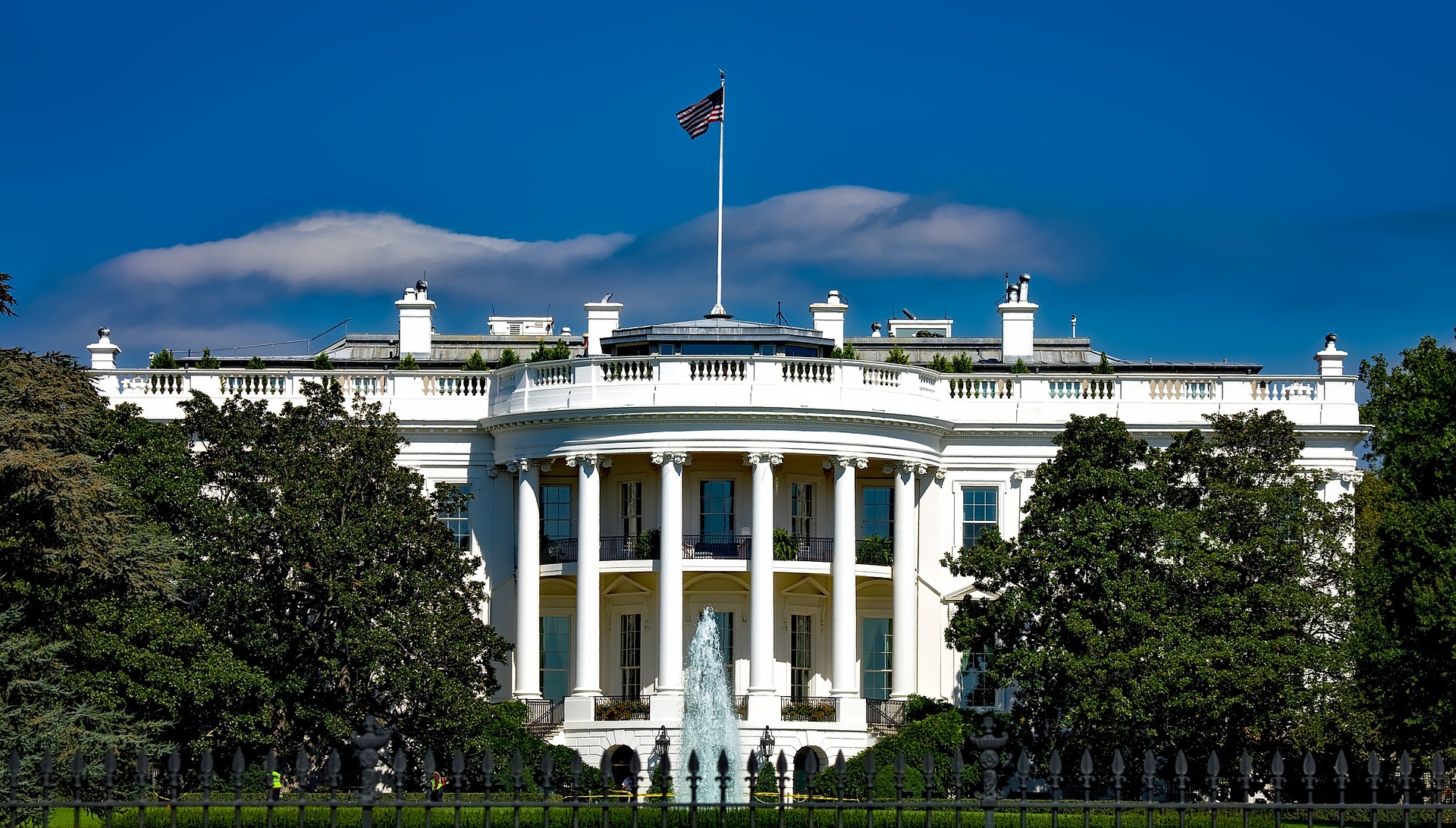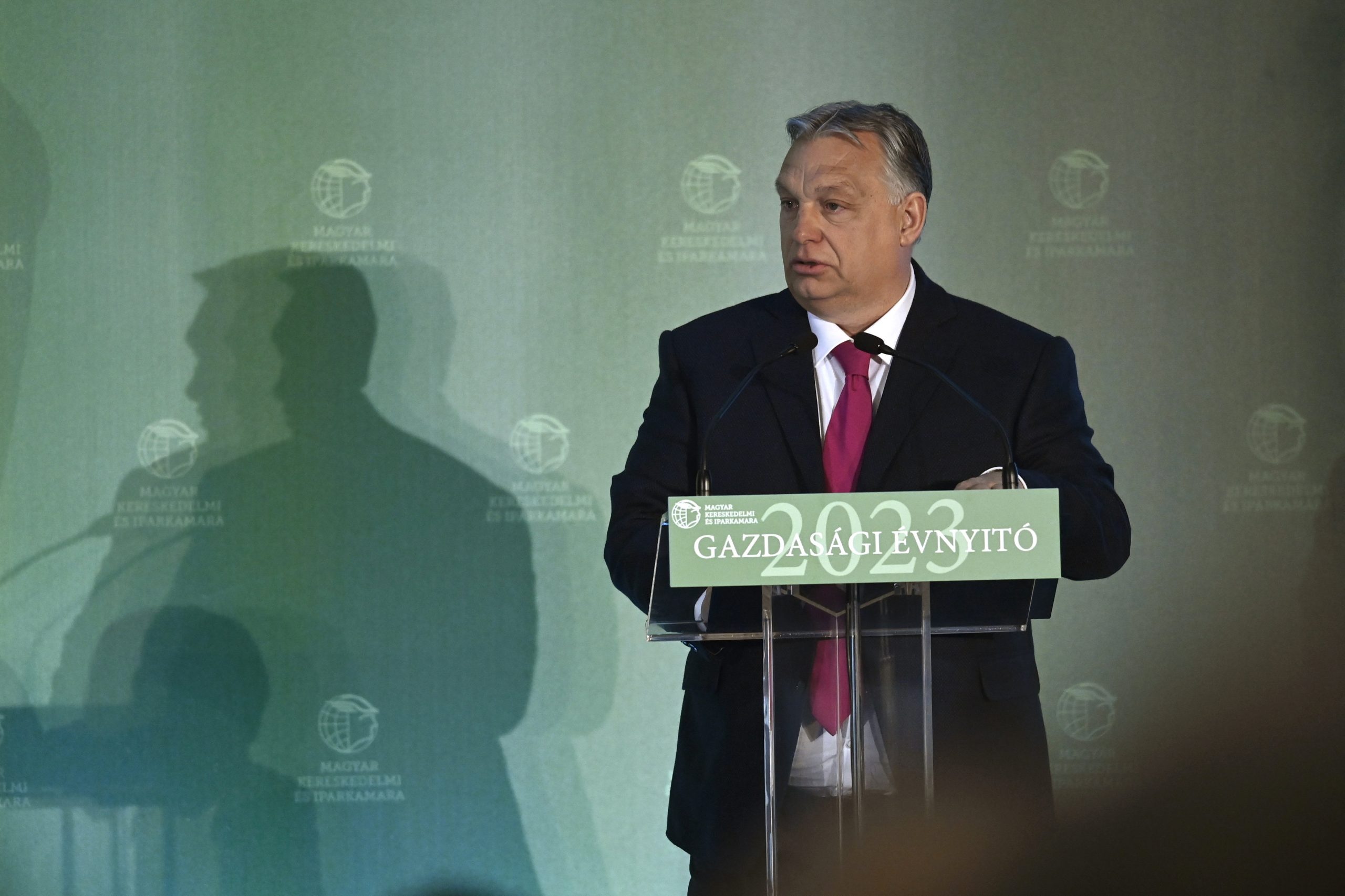
Double taxation will mean that anyone who owns U.S shares and makes a profit there will have to pay much more next year.Continue reading

The economy is the focus of the government that will operate between 2022 and 2026, Prime Minister Viktor Orbán said at the opening of the Hungarian Chamber of Commerce and Industry’s annual economic conference in Budapest. He added that although it is not usual to reshuffle the government on the fly, the cabinet structure had to be adjusted very soon after the formation of the government in May 2022.
This was necessary, he stressed, because it had become clear that the Brussels sanctions had very quickly raised energy prices, and energy had become a key issue for economic success and even for the country’s ability to finance itself. Under these circumstances, an independent energy ministry was needed, he said, adding that the improvement in the quality of government decisions since then is clearly visible in the fact that Energy Minister Csaba Lantos has not only been given this portfolio, but has also kept it in his hands.
The energy policy for the next two years, led by Csaba Lantos, will be to build energy capacity, the Prime Minister stated. He said Hungary has an industrial policy that focuses on investment and industry, which are energy-intensive. Viktor Orbán announced that
Hungary will build gas-fired power plants to serve the large industrial centers.
He added that the decisions have already been taken and the EU is not banning them, because in the current situation gas is not considered an “enemy”. Orbán stressed that in the coming period we must make use of the ability to build gas power plants relatively quickly. Whether it will be built by the state or with private capital remains to be seen, but two or three high-capacity power plants must be built to supply energy for industrial development.
According to the Prime Minister, Europe’s power structure is being reshaped, and therefore it will not simply be economic policy considerations that will decide whether there will be a rebuilding of Russian-European relations, but whether the extent to which this reshaping experiment will be successful. He pointed out that in the past, Europe’s power structure was based on Russia providing cheap energy and raw materials and Europe providing advanced modern technology. Now, the first step has been to decouple the European economy from the Russian one, and on the energy side, one dependency is being replaced “slowly but surely” by another.
Hungarian foreign policy and economic policy must think about what kind of relations it can establish and maintain with Russia in the next 10-15 years,
he emphasized.
Viktor Orbán said that Hungary will need 500,000 new workers in the next 1-2 years, and in this respect the focus should be on mobilizing internal reserves. He said that there was a geographical reserve, it was no coincidence that major investments were now concentrated in the eastern part of the country, and that there was also potential in Hungarian communities beyond the borders. He said that “after that, guest workers can come”, but stressed that “Hungary belongs to Hungarians, jobs belong primarily to Hungarians”, and that the Hungarian economy must provide jobs primarily for Hungarian people, only then can everyone else come.
The government will keep tax levels low, the Prime Minister stressed. On the issue of the global minimum tax, he promised that the extra burden would be “on the necks of foreigners, not Hungarians”. He added that Hungary had “a paper” from the European Union that it could include the local business tax in the global minimum tax. This protects the big Hungarian companies almost without exception, so the introduction of a global minimum tax does not mean an additional tax burden for them, he said.
The Prime Minister also said that there had been no major economic policy dilemmas in recent years, and that the Hungarian economy had essentially developed without any debates on the direction of economic policy. This shows how stable Hungarian economic policy has been, he added. However, Viktor Orbán pointed out that now there is a new situation, “now there is an economic policy debate, for example between the Central Bank and the government”. But this is not abnormal, it is just unexpected compared to the past 7-8 years, he said.
The Prime Minister stressed that if the government’s anti-inflation policy is successful – and the first signs of this are already visible in the February figures – and inflation falls in the coming months because the government’s measures are having an effect, it will be easier to coordinate the Central Bank’s inflation-targeting instruments with the government’s.
Regarding the battery factories under construction, the Prime Minister reassured that Hungary will continue to apply the strictest safety standards to all industrial investments, stricter than in comparable German factories, he said. He stressed that the Hungarian automotive industry must be kept in Hungary and the necessary production technologies and factories must be established in Hungary. Viktor Orbán said that at the moment four of the biggest investments in the history of the Hungarian economy are taking place simultaneously. These are fantastic industrial development achievements on a historic scale, which will bear fruit in Hungary’s eastern cities within a few years, he emphasized.
As for the future, the Prime Minister promised that Russian energy supplies would be maintained, that they would be able to finance the utility bills reduction, and that they would be able to protect and even increase 4.7 million jobs. He added that the government will be able to support small and medium-sized enterprises with special programs even if the base rate of the Central Bank remains high, and that they will also be able to stimulate investment and build the necessary energy capacity. He also said that the government would maintain export-led growth, while keeping inflation down.
Featured photo via MTI/Koszticsák Szilárd